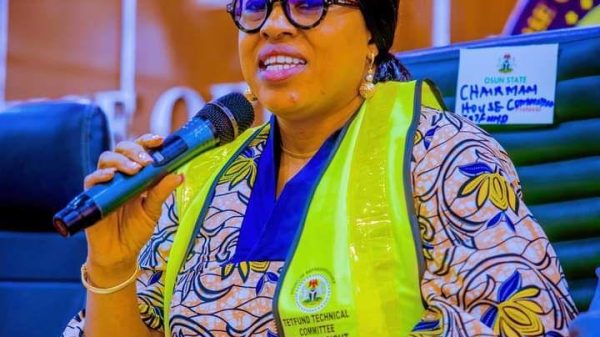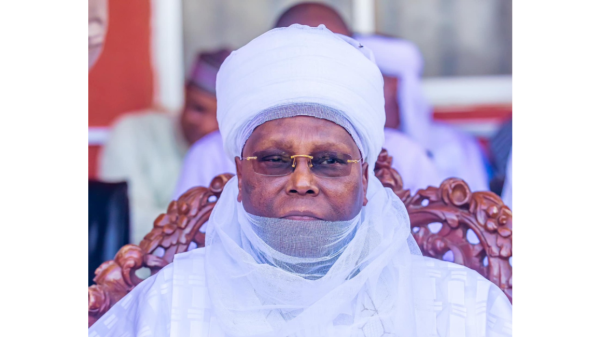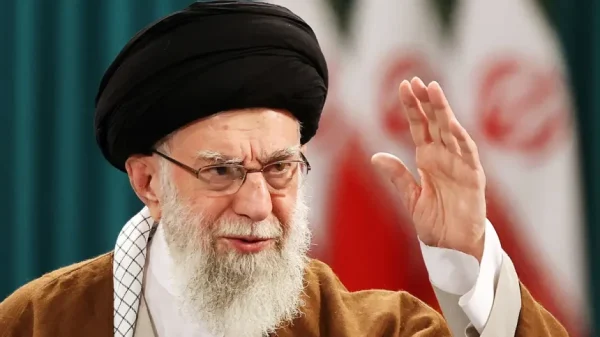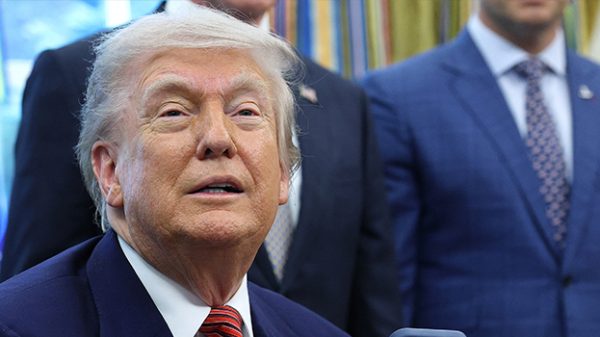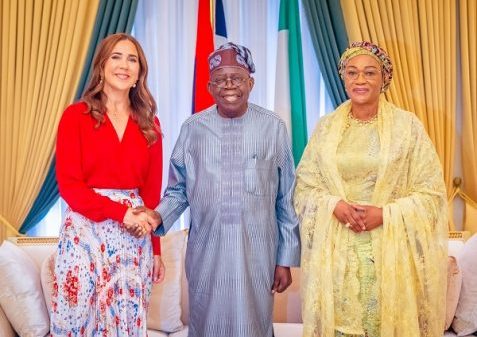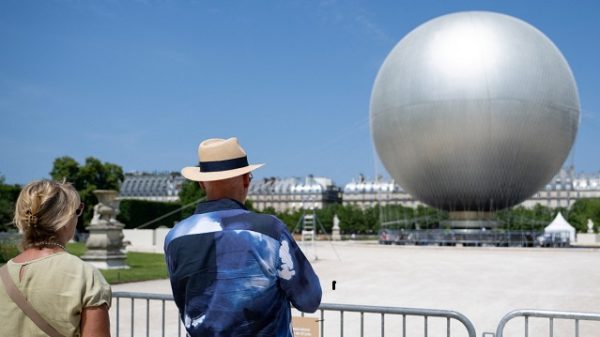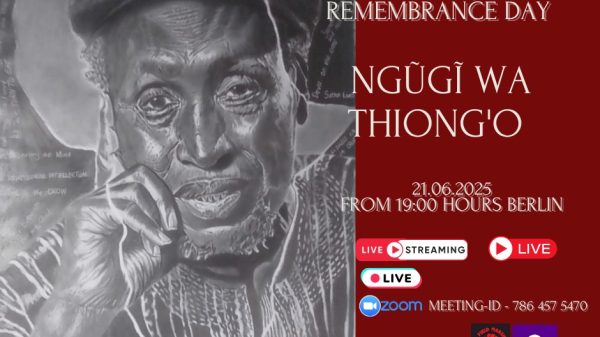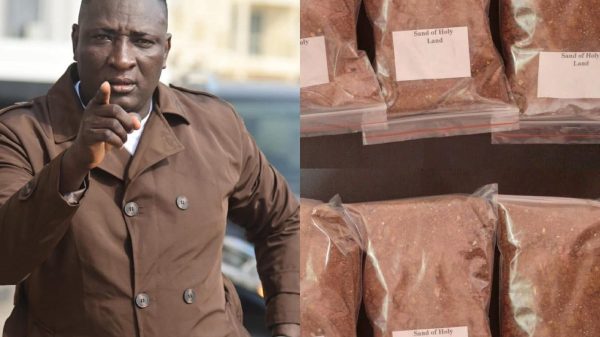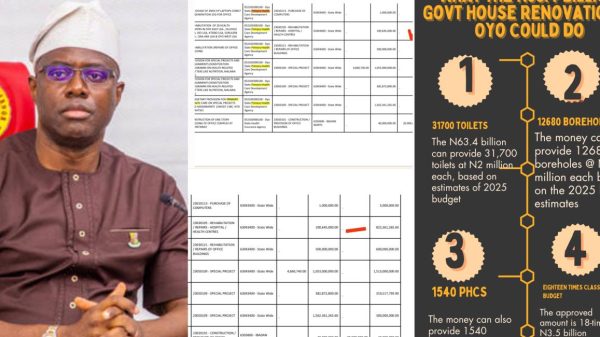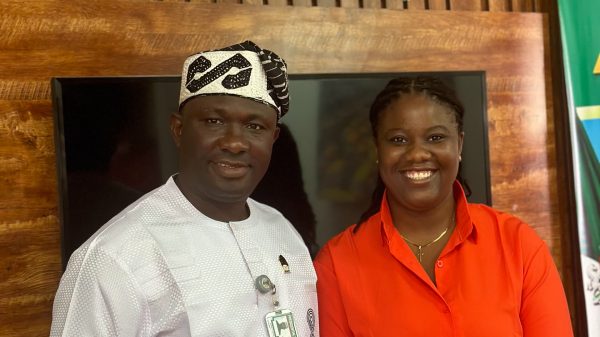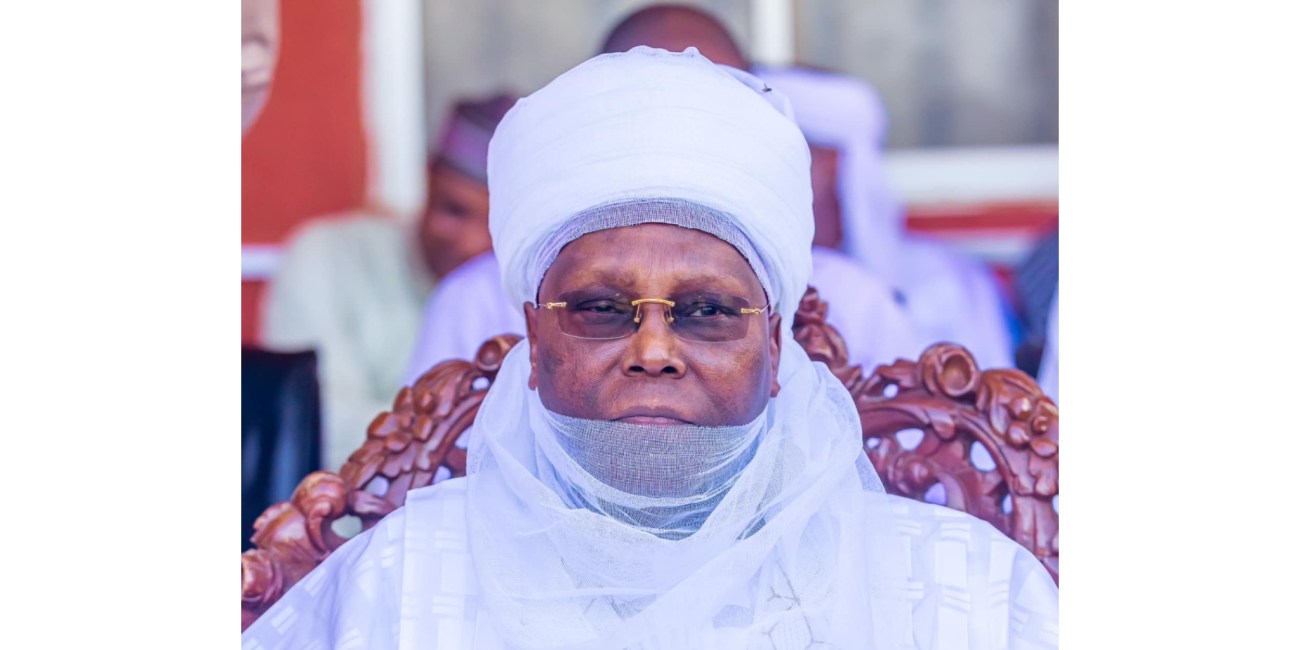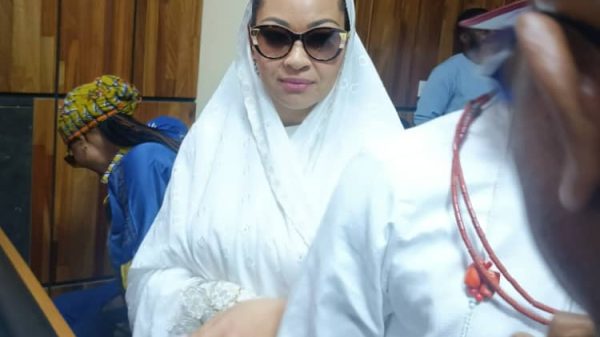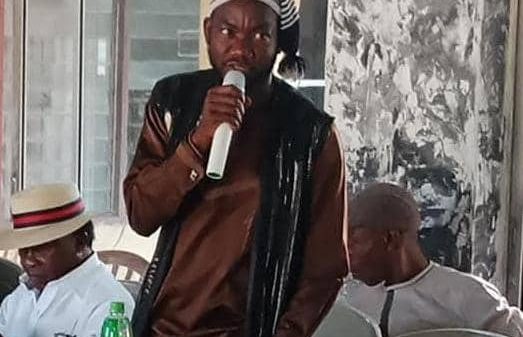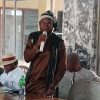In a politically charged move that has rocked Nigeria’s northern region, the Adamawa State Government has stripped former Vice President Atiku Abubakar** of his prestigious traditional title — Waziri Adamawa — citing non-indigeneship as the reason for his disqualification.
The Waziri Adamawa is the second highest-ranking traditional title in the Adamawa Emirate, ranking just below the Lamido of Adamawa, the paramount ruler of the state.
The announcement was made through an official circular datedJune 20, 2025, signed by Mrs. Adama Felicity Mamman, Permanent Secretary of the Department of Chieftaincy Affairs, under the Ministry for Local Government and Chieftaincy Affairs.
“Following the creation of new Chiefdoms in the state by the Executive Governor of Adamawa State, Rt. Hon. Ahmadu Umaru Fintiri, I am directed to inform you that all Kingmakers and Council members in the state must be indigene of their Chiefdoms,” the circular stated.
The directive further clarified that members of the Adamawa Emirate Council must now be strictly from Uola South, Yola North, Girei, Mayo-Belwa, Song, and Zumo Districts. This effectively disqualifies Atiku Abubakar, who hails from Jada Local Government Area, a part of the Ganye Chiefdom.
The sweeping change also affects other traditional titleholders like the Walin Adamawa, prompting widespread public outrage and fierce political speculation.
Political analysts have interpreted the move as a *ldeliberate attempt to weaken Atiku’s influence in his home state, especially as the former vice president reportedly explores alliances with prominent opposition figures including Peter Obi, Nasir El-Rufai, and Aishatu Binani to challenge the ruling APC in the 2027 general elections.
Tensions have simmered between Atiku and Governor Ahmadu Umaru Fintir, both of whom contested under the Peoples Democratic Party (PDP) in 2023 but have since fallen out. Many believe this fallout set the stage for the governor’s current actions.
Adding fuel to the political fire is a controversial executive bill currently before the Adamawa State House of Assembly. The proposed law seeks to grant the governor the authority to depose ailing traditional rulers and install preferred successors. Critics warn this could open the door for politically motivated purges of traditional institutions under the guise of reform.
Government sources insist the directive was routine and within legal limits. But many Nigerians view the timing — and the stature of Atiku Abubakar — as unmistakably political.
“This is no coincidence,” a senior PDP chieftain told reporters under anonymity. “Stripping Atiku of such an age-old, symbolic title is not just a local affair. It’s a message. A public demotion of a national figure.”
So far, Atiku Abubakar has not issued an official response. However, sources close to him say he is “deeply pained but not surprised” by the governor’s action and is consulting with his legal and political team on possible reactions.
As the traditional and political drama unfolds in Adamawa, observers nationwide are watching closely to see how this power struggle between two political giants could reshape the future of both the PDP and northern Nigeria’s leadership landscape.


